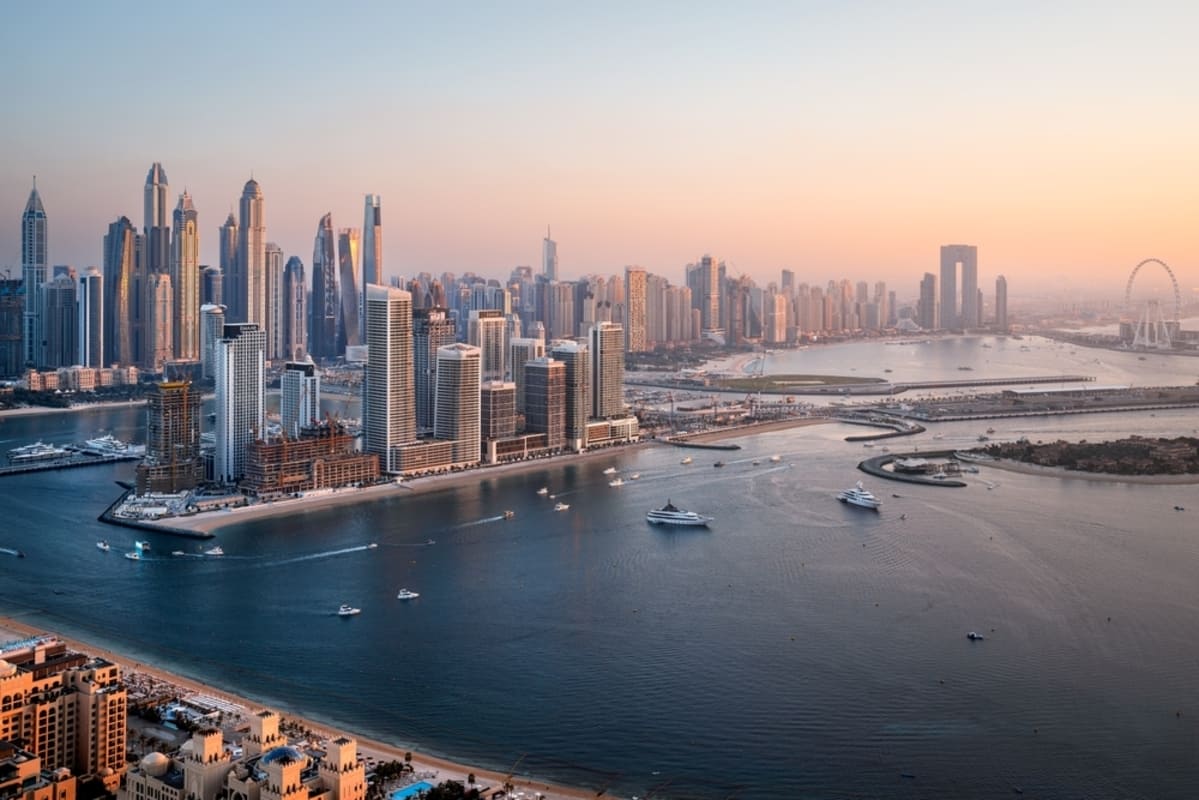Dubai’s real estate market recorded an impressive AED63.6 billion ($17.32 billion) in sales transactions last month, representing a 27 percent year-on-year increase in value and a 24 percent rise in transaction volume, fuelled by a surge in both off-plan and secondary market activity.
Amid this growth, recent policy shifts added further momentum, said Property Finder in its July 2025 market performance highlights.
Corporate tax deductions incentivize growth for developers
The UAE Ministry of Finance’s July 2025 announcement allows corporate tax deductions on investment properties held at fair value, in alignment with international accounting practices. This move has far-reaching implications for investors, offering depreciation based on current market valuations rather than historical cost.
“With a powerful mix of market resilience, investor-friendly policies, and data transparency, Dubai continues to reinforce its position as one of the most attractive real estate markets globally. The new Ministerial Decision allowing depreciation deductions on investment properties held at fair value, is a forward-thinking move aligning the UAE’s tax framework with international best practices,” said Cherif Sleiman, chief revenue officer at Property Finder.
Sleiman explained that businesses can now claim tax deductions based on real-time market valuations, offering added flexibility and significant potential savings. This not only enhances reporting transparency but also incentivizes growth for developers, funds and corporates seeking to expand their portfolios.
Secondary off-plan sales reach AED7.6 billion
Off-plan sales stood out as a key driver of growth in Dubai’s real estate market, particularly in the secondary off-plan segment, which recorded a staggering AED7.6 billion (+123 percent) across 2,680 transactions (+88 percent).
The primary ready market also remained resilient, with 1,961 transactions worth AED12.2 billion, reflecting continued confidence in newly completed properties. The primary market alone generated AED31.9 billion, up 32 percent YoY, led by high-value deals in Wadi Al Safa 3 and Dubai Investment Park.
Meanwhile, the secondary market contributed AED31.7 billion across 8,221 transactions, marking a 22 percent increase in value and an 18 percent rise in volume. Landmark transactions, including an AED1.1 billion industrial land deal in Al Wasl, along with heightened activity in Ras Al Khor, Jumeirah Second and Marsa Dubai, added further weight to the city’s growth trajectory.
Renters turn to ownership amid rising prices
As seen consistently over the past 12 months, apartments continue to dominate, comprising 62 percent of buyer interest and nearly 80 percent of rental searches. Notably, the Dubai real estate market saw increased demand for smaller units, particularly one-bedroom and studios, as renters turned to ownership to hedge against rising rental prices.
Studio apartments made up around 22 percent of rental searches but only 16 percent of purchase interest. In contrast, one-bedroom units account for 36 percent of apartment buy searches versus 40 percent of rental searches.
The Dubai real estate market also witnessed a slight increase in demand for purchasing apartments over villas, with the share of demand rising by 3 percent year-on-year, as compared to July 2024.
Notably, interest grew in smaller units, specifically one-bedroom and studio apartments, outpacing demand for larger properties. This trend likely reflects the impact of rising rental prices, prompting tenants to shift toward ownership of smaller units to hedge against the increase in rent prices and secure long-term assets.








